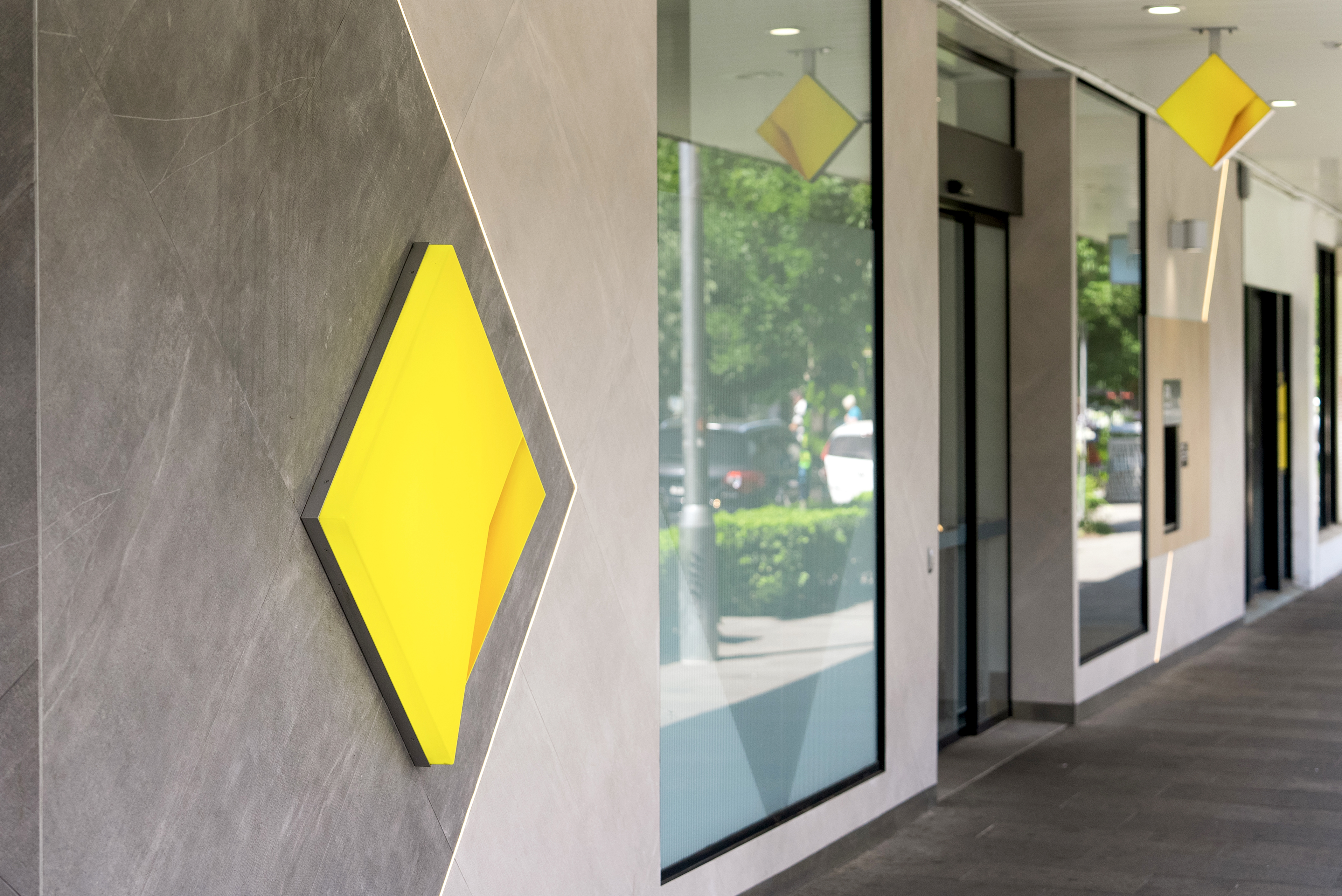There’s new hope today for thousands of Australian patients with myeloma, breast cancer, HIV and epilepsy, with the Morrison Government expanding the listing of four key medicines on the Pharmaceutical Benefits Scheme (PBS).
From 1 April, Revlimid® (lenalidomide) will be available to patients receiving maintenance treatment for newly diagnosed multiple myeloma, who have already undergone an autologous stem cell transplant.
Myeloma is a type of blood cancer that develops from plasma cells in the bone marrow.
Revlimid® is a breakthrough oral immune-modulating medicine that helps a patient’s immune system recognise and destroy myeloma cells, as well as preventing new growth.
Around 18,000 people in Australia are living with myeloma at any one time.
More than 1,000 patients a year are expected to benefit from the expanded PBS listing of Revlimid®, which might otherwise cost more than $194,000 for a course of treatment.
The PBS listing of Kadcyla® (trastuzumab emtansine) has been expanded to include the treatment of patients with HER-2 positive early breast cancer following surgery.
Some patients may gain significant improvement in treatment outcomes with Kadcyla over current treatment options. Without the PBS subsidy, it is estimated more than 400 patients per year might otherwise pay more than $50,000 each to access this treatment.
Also from 1 April, Australians living with HIV will have access to Symtuza® (darunavir + cobicistat + emtricitabine + tenofovir alafenamide).
In 2017, it was estimated there were over 27,000 people living with HIV in Australia.
Symtuza® is a new once daily tablet combination treatment option, which will provide more choice for people living with HIV.
This medicine reduces the amount of HIV infection in the body and with good medicine adherence will reduce the risk of onward transmission.
Around 4,000 people living with HIV currently access a similar treatment each year, and might otherwise pay more than $12,000 per year if they switched to this new treatment.
Briviact® (brivaracetam) has been expanded to include patients under 16 years of age who suffer from intractable partial epileptic seizures, providing more children and their families with new treatment options.
This medicine controls brain chemicals to prevent harmful seizures and will improve quality of life.
Without PBS subsidy, it is estimated that 380 patients might otherwise pay more than $160 per script, or more than $2,000 per year.
These four medicines listings are part of the Morrison Government’s commitment to ensuring Australians can access affordable medicines when they need them most.
Because of these expansions, more patients will experience an improved quality of life, and have a greater chance of recovery.








